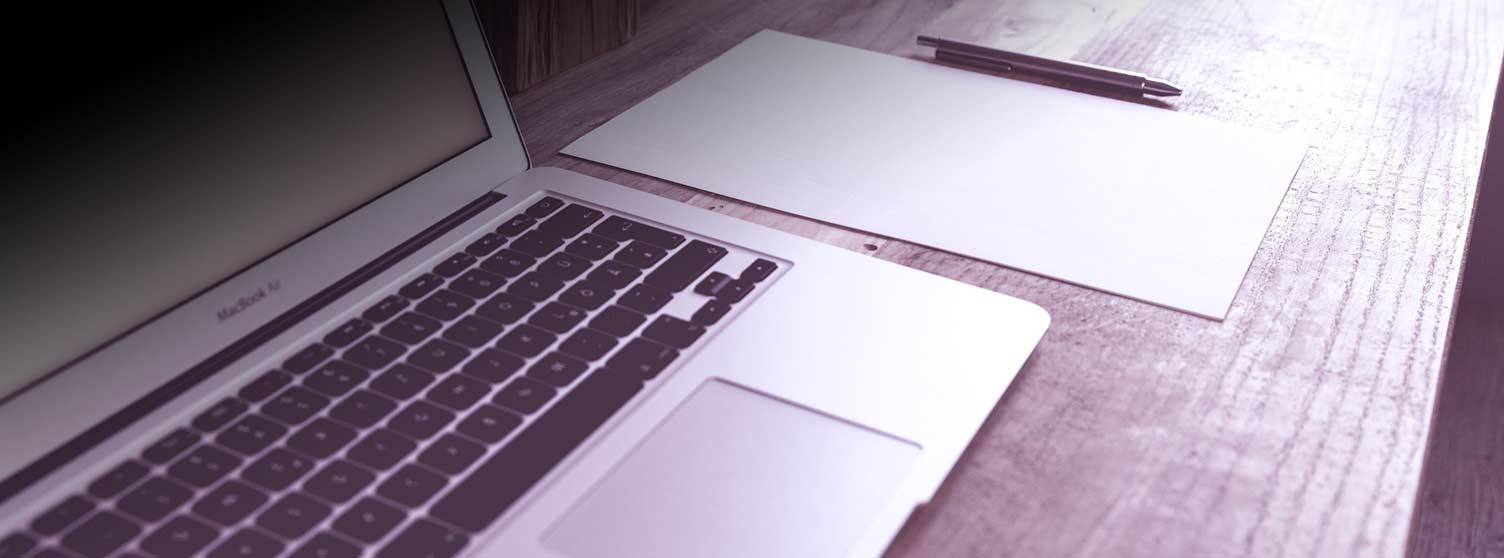Maybe you read the recent New Yorker article about how the time is right for a cataclysmic earthquake to strike Bellingham and Whatcom County. Not just a little trembler, but one that is expected to displace millions of people. We who live in the City of Subdued Excitement, Bellingham, and greater Whatcom County aren’t necessarily as familiar with quakes as the Japanese, as the article describes. Their buildings and city planning have accounted for these more frequent occurrences to a high, though not infalliable, degree. We might not be that lucky, if you can call damage that cost $250B and produced over 18,000 casualties “lucky”. Whatcom County is on a coastline that has been shaped by one plate slipping beneath another, a fault called the Cascadia subduction zone. Some experts say we are ripe for an earthquake so big it would dwarf even Hurricane Katrina in casualties.
Bill Coats typically deals with collisions between vehicles, not tectonic plates. However, the article prompted the question, “What do you do in preparing for and surviving a giant earthquake?” There are some commonly-accepted myths that may or may not be helpful. Read on for more tips on what to do.
Before the Quake:
- Don’t assume that public utilities will be business as usual after a big quake. Electricity, water, gas, and phone lines may all be down for an indeterminate amount of time. Emergency services will almost certainly be swamped with calls. It’s good to be prepared for at least three days, or ideally a week, without reliance on any of these services.
- Keep on hand a gallon of water per person, per day, and enough food that doesn’t need to be cooked or much preparation (canned foods and easy protein sources such as nuts are good ones to keep well stocked). Think about pet or baby food also. You’ll be glad to have a first aid kit if you or a friend needs one, plus a supply of needed medications. Keep a portable radio with extra batteries, blankets, clothes, shoes, and cash (don’t count on ATMs) on hand.
- Make a plan. Decide beforehand where you and family will reunite if you’re separated during a quake. Practice makes perfect, so it’s a good idea to do a few drills with everyone. Perhaps a friend or relative who is out of the area can be established as one to call for more information, or to try to reach everyone who was in the quake zone.
- Batten the hatches. Secure heavy objects like water heaters, refrigerators, washer/dryers, and large pieces of furniture to help prevent them from toppling. Be careful of hazardous chemicals and flammable liquids. Store such things and heavy, breakable objects on low shelves or in secured cabinets.
- Review your insurance policy, and look into earthquake insurance with a trusted agent. You may want to assess your assets to see if this is a good investment.
During the Quake:
- If you are already inside, stay there. Take shelter under a desk or table, and hang onto it. You may also stand against an interior wall. Avoid exterior walls, glass, heavy furniture that could topple and pin you, as well as fireplaces and appliances. Kitchens aren’t safe places in an earthquake. If you’re in an office, avoid windows and elevators.
- If you’re outside, get into the open. Keep an eye out for buildings, power lines, trees, or anything that could fall on you.
- If you’re in a car, pull over and stop. Again, put some distance between yourself and any objects that could fall on you. As you drive off, be extra watchful for road hazards.
- Landslides can occur around mountains; tsunamis, as we all remember at least from the Japanese quake, can roll in from oceans. In fact, according to the New Yorker article, anything in Bellingham west of I-5 may be in the path of a tsunami if the quake is large enough. Here is the most recent tsunami hazard map of Bellingham, produced from a 2004 study by NOAA. Get to higher ground as quickly as possible.
- If you’re in a crowd, don’t panic. Stay calm, stay low, and wait.
After an earthquake:
- You may smell gas if there was a break in the line. If so, shut it off at the main valve. If you see damage to electrical wiring, shut off the power at the control box.
- If you can avoid making phone calls, do so. Also avoid driving if you can. Phones and roads will be needed for emergency services.
- Be careful when opening cupboards, closets, or any other door. Chimneys, foundations, and roofs can be weakened from the shaking.
- Listen to that portable radio you’ve kept handy for any updates and instructions.
- Aftershocks can be as strong, or stronger, than the initial quake. Keep your wits about you in case they occur.
- Keep in touch with friends and family, and let them know your whereabouts.
Bill will admit that he hasn’t handled many civil litigation cases due to earthquakes, or other Acts of God. However, if you or a loved one are ever injured by a much more common type of collision, such as motor vehicles, he can help you navigate the complexities of the insurance policies. Negotiating with insurance companies is a stressful experience, and will affect your recovery process. Don’t hesitate to contact him if you have any questions. He’s here for you.


